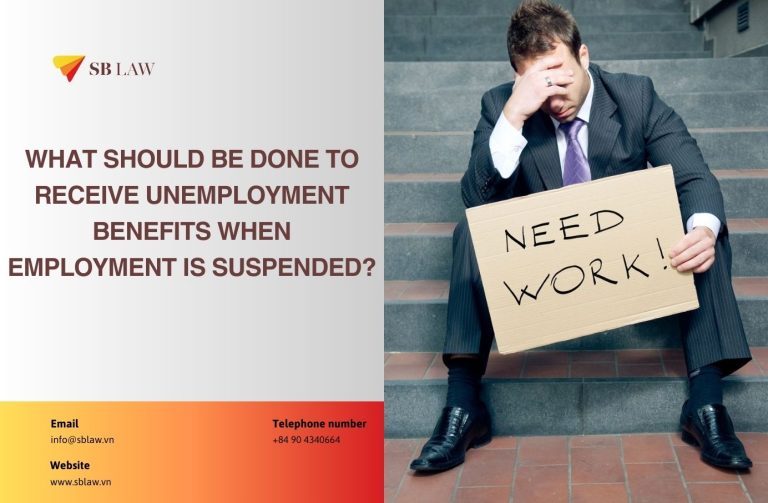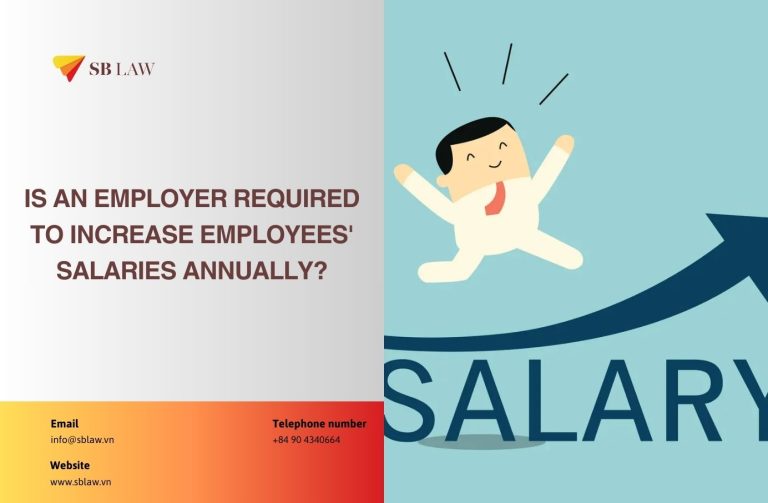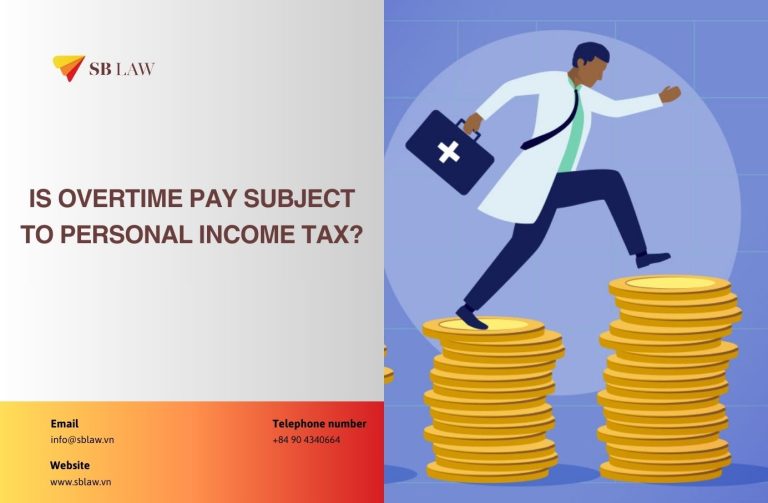Question:
Our company intends to require employees to sign a commitment stating that, after the termination of their employment contract, they will not work for any enterprise operating in the same industry or any direct competitor of the company for a specified period of time. Does current Vietnamese law permit such an agreement, and if so, what matters and conditions should be noted to ensure that the commitment is legally enforceable?
Answer:
An employer’s request for an employee to sign a commitment not to work for a competitor after leaving the company has a legal basis and may be considered lawful, provided that certain statutory conditions are met.
Pursuant to Clause 2, Article 21 of the 2019 Labor Code, where an employee performs work directly related to the business secrets or technological secrets of the enterprise, the employer has the right to reach a written agreement with the employee on the scope, duration of confidentiality, the benefits to which the employee is entitled, and the obligation to pay compensation in case of breach. Such agreements may include provisions prohibiting the employee from working for a competitor for a specified period after termination of employment.
In addition, the 2015 Civil Code recognizes the principle of freedom and voluntariness in commitments and agreements between parties, provided they do not contravene prohibitions of the law or violate social ethics.

Judicial practice has also affirmed the legality of such agreements. Precedent No. 69/2023/AL, adopted by the Council of Judges of the Supreme People’s Court on August 18, 2023, and published under Decision No. 364/QĐ-CA dated October 1, 2023, is a notable example. In the case referenced in this precedent, the Arbitral Tribunal ordered a former employee to pay damages for violating a commitment not to work for a competitor within 12 months of resignation. This award was recognized by the competent court and became final, without appeal or protest.
However, it should be noted that the application of a non-compete agreement may directly affect an employee’s right to choose employment, especially where such an agreement is imposed, lacks transparency, or is overly broad in terms of time or geographical scope. Under Clause 1, Article 10 of the 2019 Labor Code, employees have the right to “freely choose employment, work for any employer, and at any location not prohibited by law.” Furthermore, Clause 6, Article 9 of the 2013 Employment Law prohibits “hindering, causing difficulties, or harming the lawful rights and interests of employees or employers.” Accordingly, if a non-compete clause is drafted as an absolute prohibition without being based on a legitimate interest to be protected (e.g., business secrets, technological secrets), it is likely to be deemed an infringement of the employee’s lawful right to work and may be unenforceable.
Conclusion
A non-compete agreement that prohibits an employee from working for a competitor can be legally valid if it is drafted in compliance with applicable laws. However, to minimize the risk of the agreement being declared invalid by a court, the employer should exercise caution in its design and application. The agreement should be applied only to sensitive positions with access to or possession of confidential information. The period of restriction may be set at 12 months, as indicated in Precedent No. 69/2023/AL. To facilitate negotiations and mitigate legal risks, the employment contract may also provide additional benefits to employees subject to this clause.




